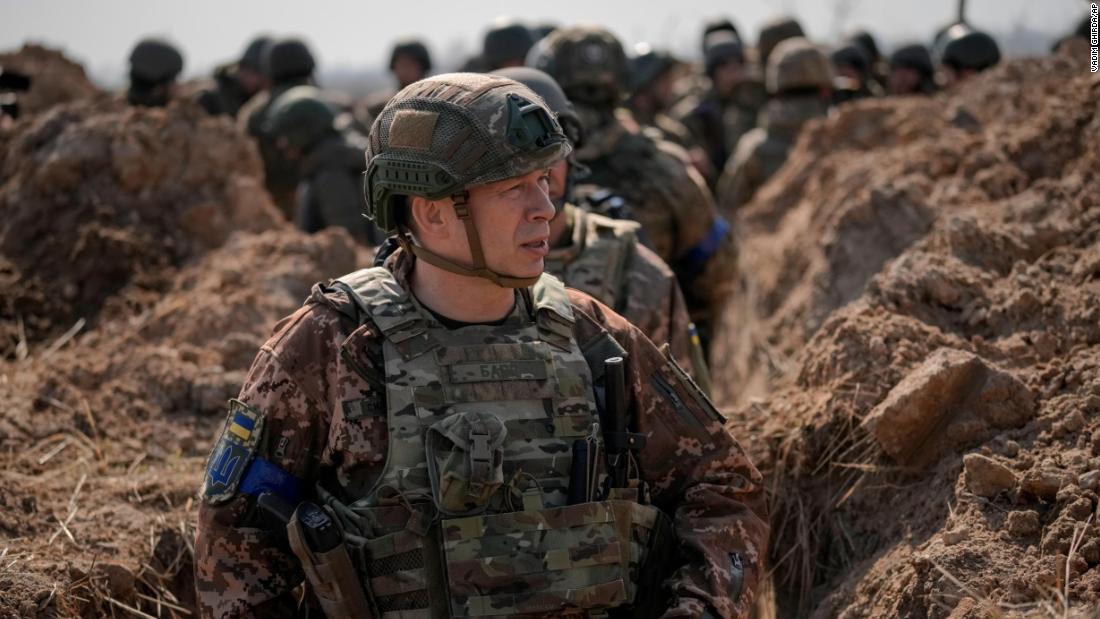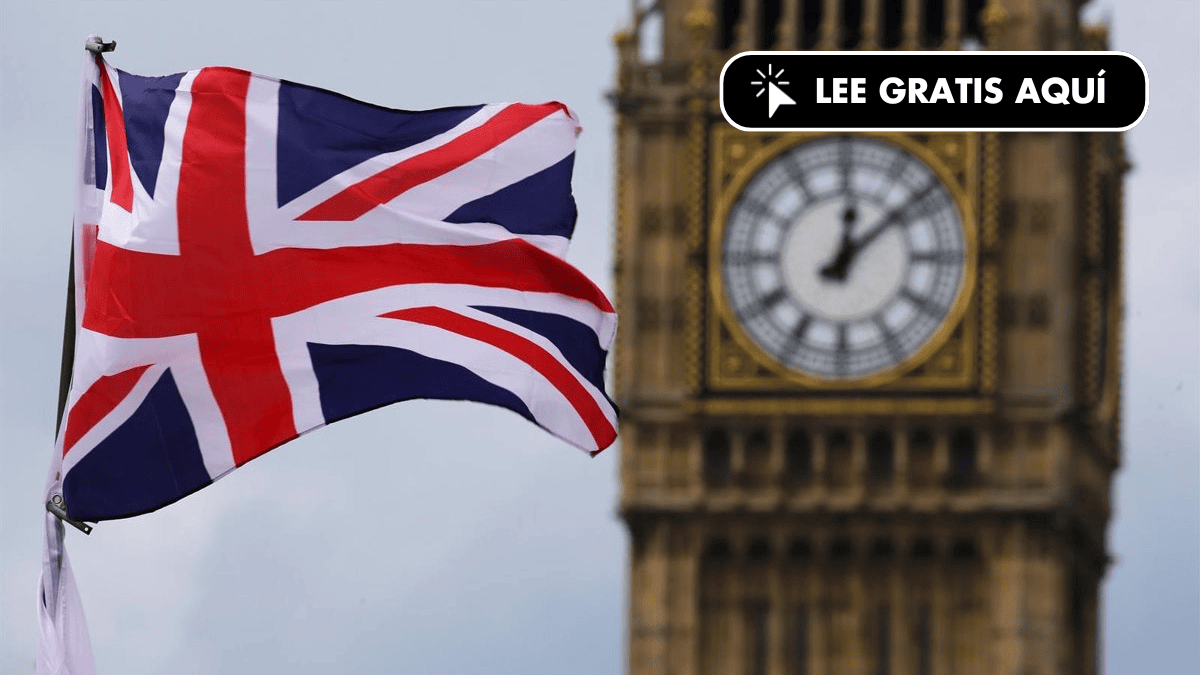Ukraine sets its demands for security guarantees and points to possible progress in Crimea
Member of the Ukrainian delegation Mykhailo Podolyak makes a press statement after talks between the Russian and Ukrainian delegations at the Dolmabahce Presidential Office in Istanbul, Turkey, on March 29. (Emrah Yorulmaz/Anadolu Agency/Getty Images)
A senior official from the Ukrainian delegation who spoke today with Russian officials has stated that progress has been made after a day of talks in Turkey, and has provided more details on the security guarantees Ukraine hopes for after the ceasefire.
Mykhailo Podolyak, an adviser to Ukrainian President Volodymyr Zelensky, referred to talk of the status of Crimea, which was annexed by Russia in 2014.
“I want to underline regarding the Crimea and Sevastopol regions, it was agreed in a bilateral format for a 15-year break and holding bilateral talks on the status of these regions,” he said.
Ukraine and the West have refused to recognize Russia’s annexation of the peninsula, and a pause could be the formula for eliminating the problem for now.
“On the other hand, we have discussed that for 15 years, as long as bilateral talks take place, there will be no military hostilities,” Podolyak added.
He also referred to one of the toughest elements of the talks: security guarantees for Ukraine as long as a ceasefire and peace treaty are agreed.
“Undoubtedly, this agreement on security guarantees can only be signed after the ceasefire and full withdrawal of Russian troops to their positions on February 23, 2022,” he said.
“We only brought our proposal as a negotiator to Russia regarding Ukraine’s security guarantee system,” he continued.
Podolyak said Russian negotiators had “taken an agreement outlining ways to end the war” and would draw up a counter-proposal.
He added that the two sides were still “discussing a humanitarian ceasefire”, stressing that there were “many places where humanitarian corridors are needed”.
Another member of the Ukrainian team, David Arakhamia, also spoke about security guarantees. “We insist that it is an international treaty, signed by all security guarantors, that will be ratified.”
He said this would be comparable to NATO’s Article 5, which enshrines the principle of collective defence. The deal, he said, would be similar to Article 5, “but with a tighter trigger mechanism.”
“We said that the consultations should take place within three days. They have to find out if it’s war, aggression, military operations. … Then the guarantor countries are obliged to help us. And military aid, and armed forces, and weapons, and sky. closed. Everything we really need right now, and we can’t get it. This is our proposal,” he said.
Arachamia is called the guarantor of the “state [permanentes] United Nations Security Council”, as well as Turkey, Germany, Canada, Italy, Poland and Israel.
“We have stipulated in this agreement that the guarantor countries should not only refuse Ukraine’s accession to the EU, but must also assist it,” he said.
Arakhamia added: “Of course, we have unresolved problems with the occupied parts of the Donetsk and Luhansk regions, with Crimea and Sevastopol. And international security guarantees will temporarily not work in these regions.”
The third member of the Ukrainian delegation, Oleksandr Chalyi, also highlighted the three-day deadline for consultations in the event of “any aggression, military attack or military operation.”
“And if these consultations do not lead to a diplomatic solution of the problem, the guarantor countries should provide us with military assistance, weapons, and we even include situations such as closing the airspace over Ukraine,” Chalyi said.
Speaking on Ukrainian television, he said: “Doing everything possible to restore Ukraine’s security is a key condition. If we succeed in consolidating these key provisions, which are the most basic requirements for us, Ukraine will indeed be in a position to regulate it’s current status. a non-nuclear, non-aligned state in the form of permanent neutrality.”
This guarantee is actually in accordance with article 5 of NATO, as required by the Constitution of our country. We will not deploy foreign military bases or military contingents on our territory, and we will not enter into political-military alliances. Military training in our country will be carried out with the approval of our guarantor countries,” Chalyi said.
“However, it is important to us that none of these provisions deny our accession to the EU. The guarantor countries have also committed to facilitating this process,” he added.

“Entrepreneur. Internet fanatic. Certified zombie scholar. Friendly troublemaker. Bacon expert.”


:quality(70)/cloudfront-us-east-1.images.arcpublishing.com/elfinanciero/ZTJV57HVVJGODLL3YBCDPNWTAQ.jpg)




